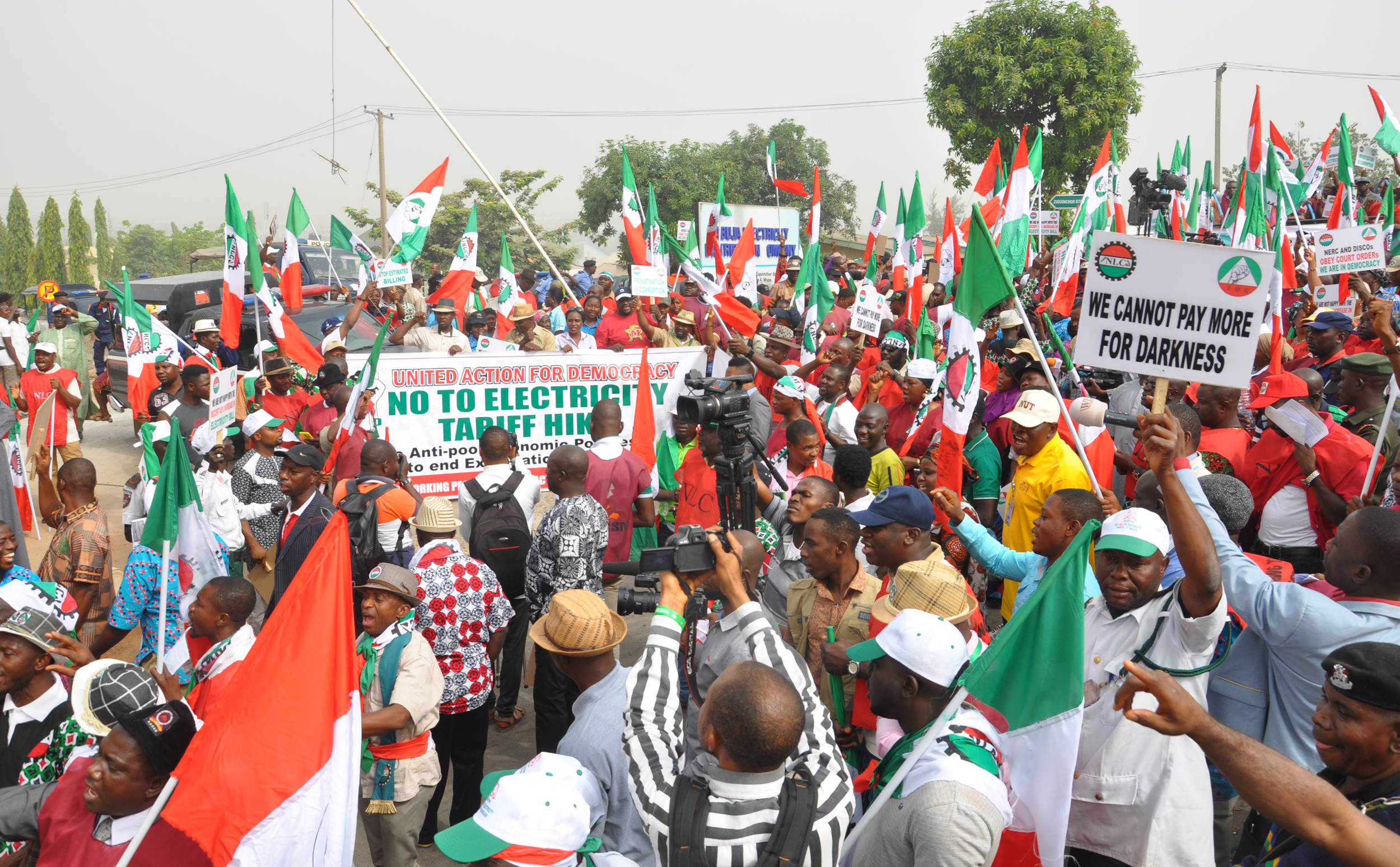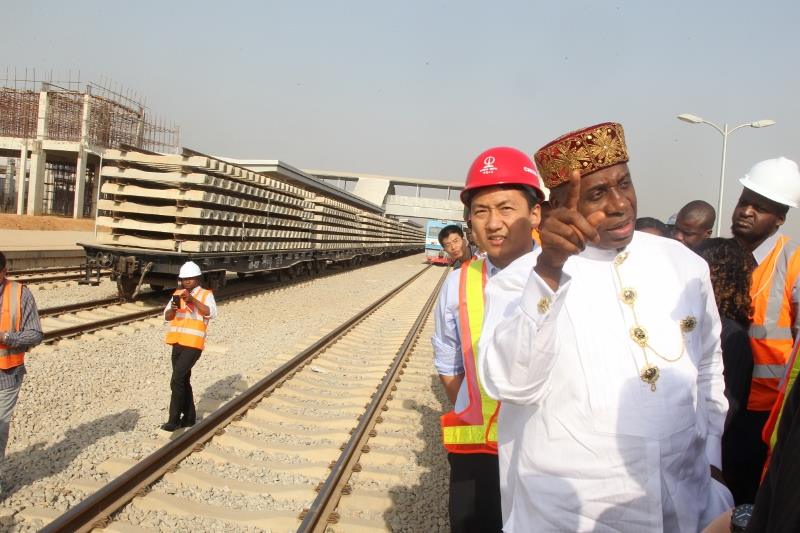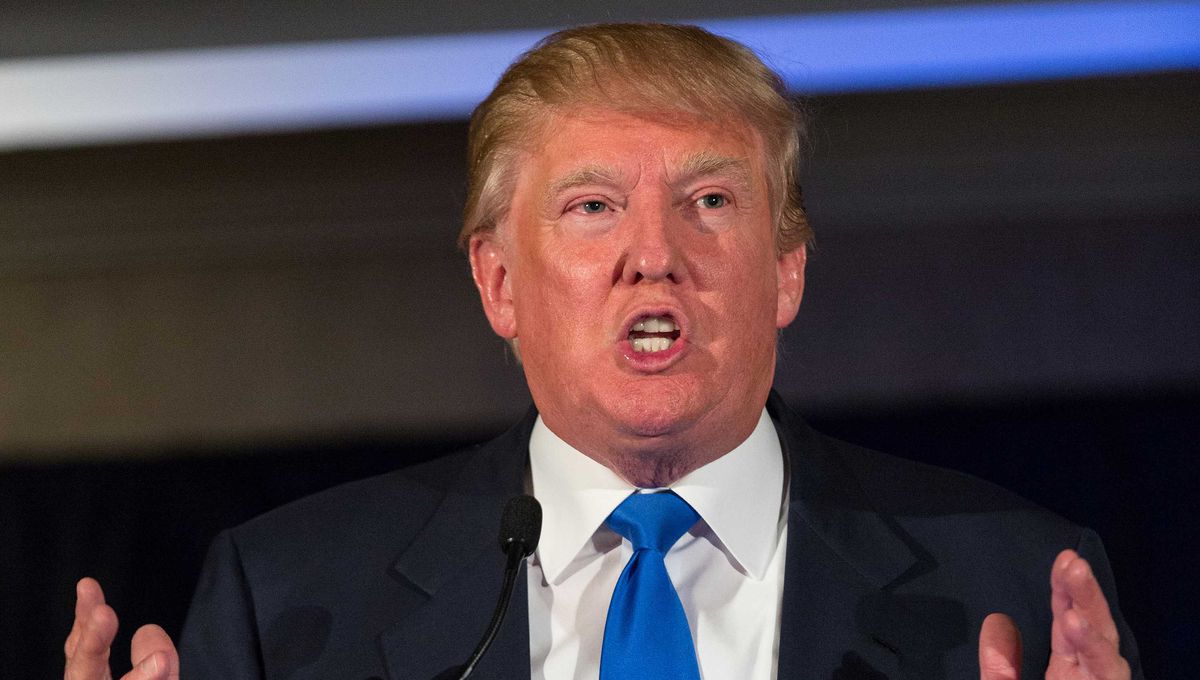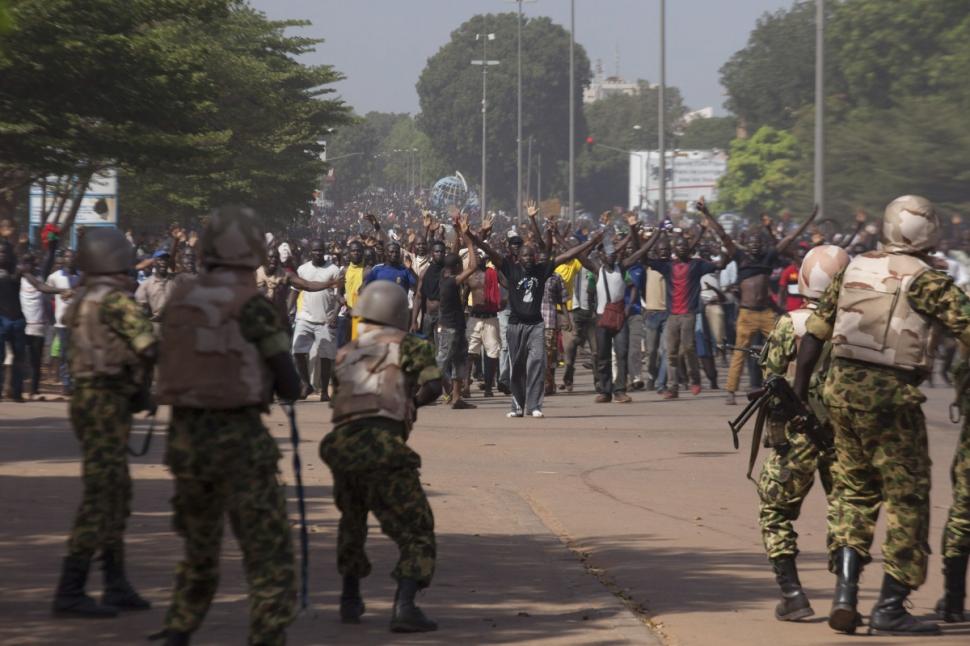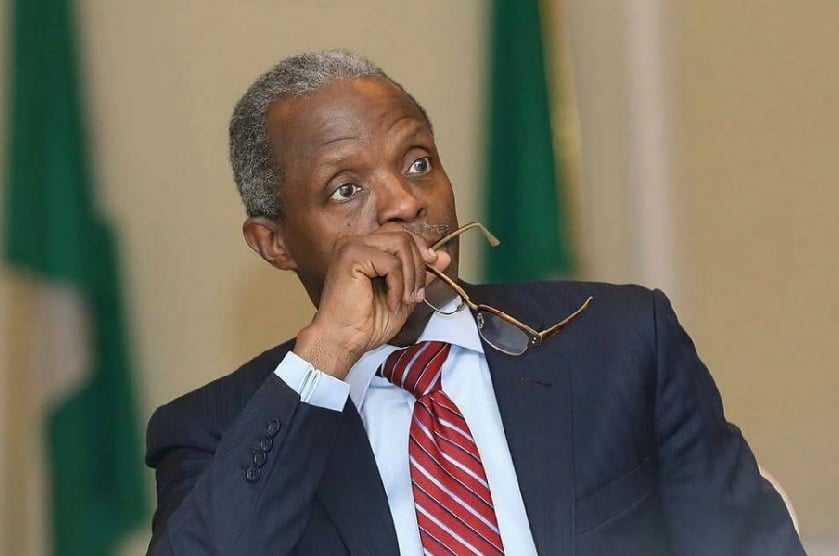BY LANRE ASIWAJU
The oil boom of the 1970s had profound effects on the Nigerian economy; government embarked on white elephant projects, the size of government expanded rapidly with the attendant increase in corruption, rising wage and appreciating naira made non-oil exports uncompetitive and most importantly, government’s revenue base shifted from non-oil—mainly agriculture—to oil.
The dependence on volatile oil revenue for foreign exchange supply and government spending has however repeatedly led to macroeconomic instability, which in turn has had a crushing effect on the purchasing power of the Naira. Resultantly, Labour has constantly demanded an increase in minimum wage. In 2011, Labour and government agreed on the current N18,000 minimum wage. However, the increment negatively impacted government finances as the wage bill increased from N800 billion to a whopping N1.8 trillion.
In the aftermath of the 2014 oil price crash and ensuing economic crisis, Labour became more vocal in its demand for a wage review and has now formally demanded a new minimum wage of N56,000. Labour’s central argument for increment in the minimum wage has always been the rising cost of goods and services. But a raise in workers’ pay does nothing to address the fundamental causes of double-digit inflation. In addition, given the current state of the economy, increasing the minimum wage will escalate the budget deficit and consequently result in more government borrowing which in turn will increase the debt service cost and further limit the private sector’s access to credit. While Labour is right to continuously point out the waste and corruption in government, the fact remains that Nigeria’s revenue is finite and increasing the minimum wage is tantamount to less fund for infrastructure development and social services.
According to the recently published 4th quarter economic report by the Central Bank, the federal government generated N2.91 trillion and spent N5.17 trillion in 2016. It’s worthy of note that of the N1.59 trillion allocated to capital expenditure, only N635.77 billion was released to MDAs as of October 2016. Aiming to jumpstart the economy, the federal government has proposed an expansionary N7.3 trillion budget this year. Regrettably, N4.82 trillion, representing 66 percent of the budget, will go to recurrent expenditure, and out of which N1.84 trillion and N1.92bn will be spent on debt management and personnel cost respectively. Steady oil price and increasing production —following last year’s disruptions by militant attacks — will increase revenue this year but the anticipated N4.95 trillion revenue is unrealistic and therefore, Nigeria will again borrow to fund part of the recurrent expenditure.
Advertisement
Nigeria has an estimated N60 trillion infrastructure deficit that is impossible for government alone to bridge and so, government must partner with the private sector. Whereas government can mobilize taxpayers’ money and debt to provide services for free, the private sector will only partner if investments will be recouped. In 2007, former president Yar’Adua canceled the privatisation of Port Harcourt and Kaduna refineries and reversed the unbundling of Power Holding Company of Nigeria (PHCN). Labour applauded those decisions but Nigeria is barely better off today as those refineries are still unprofitable. Even though privatization of power companies is now completed, 4 years were lost. Despite these obvious facts, Labour continues to oppose privatization and PPPs. Recently, the NLC in a response to the planned re-introduction of toll gates blamed the World Bank and IMF for the idea.
Labour and indeed many Nigerians have rightly argued that the privatization of power distribution companies was a transfer of government assets to cronies who neither had the capacity nor capital to turn around the companies. Without doubt, the government has a duty to ensure that these partnerships are mutually beneficial but the outcome could have been different had Labour played a more constructive role in the process and not focused solely on severance pay for its members. Nigeria realised ca. N426bn from the sale of power generation and distribution companies but paid N384bn as severance to ex-workers of PHCN, leaving almost nothing for investments in the government controlled transmission sub-sector.
In October 2015, Labour lambasted the Emir of Kano for advocating greater flexibility in the foreign exchange market. Its statement read in part: “The traditional institution should speak for and protect the poor and must not be turned to outposts of neoliberal institutions such as the IMF, the World Bank and their cohorts who imposed policies such as the Structural Adjustment Programme under which the Naira was devastatingly devalued while production halted with the near total collapse of industries.” Sadly, CBN’s demand management policy, which Labour supports worsened the forex crisis and eventually led to the recession. While Labour has been consistent in its opposition to Bretton Woods institutions and their doctrine of economic liberalisation, Nigeria is poor not because we have meticulously implemented their tenets. Indisputably, the austerity measures imposed during the SAP era were painful but they were consequences for years of profligacy, and the haphazard implementation of reforms impeded the intended outcomes.
Advertisement
One very important lesson to learn from Greece’s debt crisis is that running an expansive bureaucracy, particularly on commodity revenue or borrowed funds, is unsustainable. Labour shares with government the responsibility to keep alive the goose whose golden eggs we all need. Nigeria’s addiction to oil revenue will not suddenly get cured and therefore, periods of high oil price must be used to reduce the deficit and grow the reserves in preparedness for the next oil bust when government may need to borrow to keep the economy going. But to do this, government must be seen to be transparent, prudent and competent.
Investments and jobs that poor people need do not come when government fixes the price of goods and services. Labour must come to terms with the established fact that heavy government regulation and intervention breeds inefficiency and corruption that ultimately inhibits the flow of capitalism and prosperity. Privatisation and PPPs are pragmatic solutions to Nigeria’s infrastructure problems. Labour will, therefore, do Nigerians a whole lot of good if it begins to watchdog the process instead of the staging of staging futile demonstrations against reality. Also, in lieu of the constant demand for wage increment, Labour should demand for a fairer society; a society that provides upward mobility, rewards diligence, and self-discipline, equips citizens with the tools that they need to go as far as their efforts will take them and ensures that everyone plays by the same set of rules.
If history is a guide, the APC government will increase the minimum wage to buy Labour’s support in the 2019 elections. This will no doubt be good politics but a very bad policy.
Asiwaju sent in this piece from Kuala Lumpur, capital of Malaysia
Advertisement
